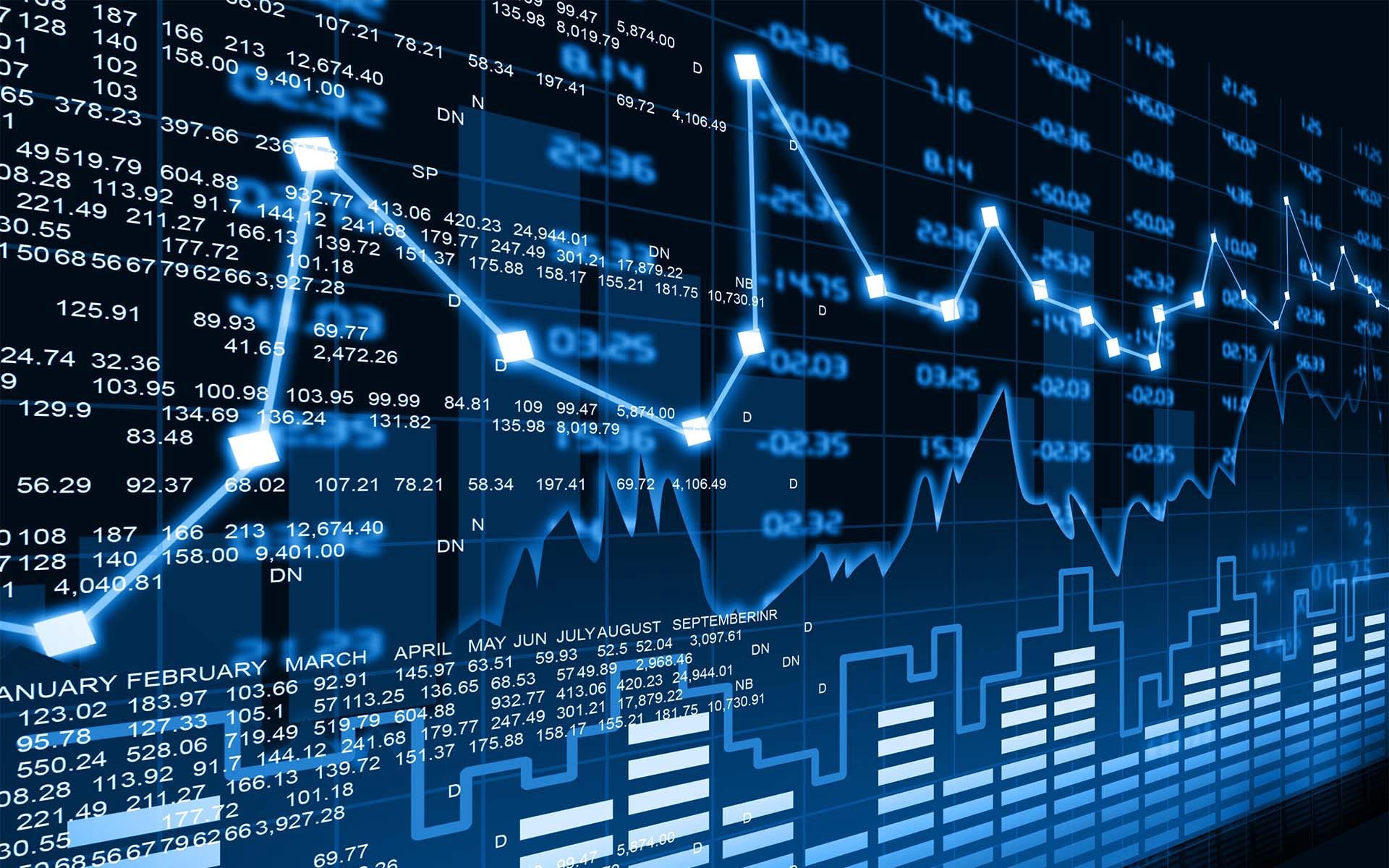Any market, be it traditional stock or digital assets markets, requires liquidity as a lifeblood for its efficient operation and stable capital flow. A market where supply and demand are not balanced is not likely to conduct transactions efficiently and at fair prices. When we open an order to buy or sell an asset on a trading platform, there is always someone who fulfills our orders. If not, our transaction “freezes” and can’t be fulfilled at a fair price. So who is that “someone” who is always ready to buy assets or sell them? In this article, we will discuss, what is market maker and what is its role.
Market Maker Trading
A market maker is usually a financial entity of a high-frequency trader who actively participates in the market by continuously placing buy and sell quotations for assets. A market maker is always ready to fulfill a trading order as soon as such appears. In such a way, market markets support the required liquidity level on a trading platform. This in turn creates a healthy environment for other traders.
The difference between bid (buy) and ask (sell) prices of assets constitutes a market maker’s profit. In cases when the market becomes volatile, a maker must stick to the market maker strategy and remain disciplined in order to maintain the liquidity level.
What is a crypto market maker? Same as in traditional markets, market maker firms are financial companies or banks that participate in the market by placing bid-ask spreads on different trading pairs. In such a way, they ensure there is always demand and supply for the taken assets, so any orders placed will be immediately fulfilled. To become a market maker, an institution should register on a market maker trading platform and prove its capability to ensure the required trading volume. Also, they need to prove their compliance with regulations.
Market Maker Services and Their Role
Here is what market makers do for the market:
- Place orders, contributing to a more active and efficient market.
- Narrow bid-ask spread, reducing trading costs and encouraging more activity.
- Update quotes in real-time, ensuring the prices they offer reflect the current supply and demand balance.
- Arbitrage trading contributes to price convergence across different markets.
- Reducing volatility – the higher the liquidity level, the more stable the market is, so the more investors will come in.
- Efficient order fulfillment at competitive prices and minimal slippage.
Conclusion
There’s no efficient trading environment without market makers. They play a central role in fostering a healthy and vibrant crypto market, contributing to increased liquidity, reduced trading costs, and improved market stability.


